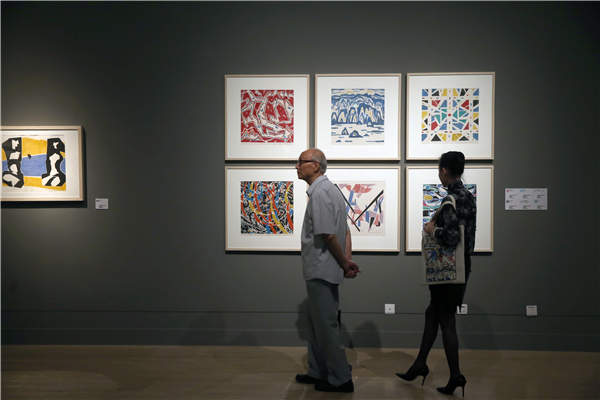MCLC and MCLC Resource Center are pleased to announce publication of Edward M. Gunn’s review of The Columbia Companion to Modern Chinese Literature (Columbia UP, 2016), edited by Kirk A. Denton. The review appears below, but is best read online at:
https://u.osu.edu/mclc/book-reviews/gunn2/
My thanks to Nicholas Kaldis, MCLC literary studies book review editor, for ushering the review to publication.
Enjoy,
Kirk Denton, MCLC
Edited by Kirk A. Denton
Reviewed by Edward Mansfield Gunn
MCLC Resource Center Publication (Copyright July, 2016)

Kirk A. Denton, ed., The Columbia Companion to Modern Chinese Literature. New York: Columbia University, 2016. 488 pages. ISBN: 9780231170093 (Paperback) $45.00 / £33.00; ISBN: 9780231541145 (Hardcover) $125.00 / £93.00; ISBN: 9780231541145 (E-book) $44.99 / £33.00
As editor of The Columbia Companion to Modern Chinese Literature, Kirk Denton provides a key statement in his Preface, that his “motivation was primarily pedagogical: to put together a resource that could be used fruitfully in university classrooms” (ix). With that in mind, considering the general structure of courses and the texts of modern Chinese literature that have been made available in English translation, many of the choices made in organizing such a resource become more than understandable. Moreover, The Columbia Companion is highly accessible for undergraduate readers.
The Columbia Companion is focused on printed and Internet literature (namely, fiction and poetry), while also offering significant attention to theatre. Given that the familiar essay is little taught, Denton has excluded this form, while recognizing its significance. One chapter focuses on the significance of literature for film through adaptations, while television adaptation is mentioned sporadically. The scope of the “modern” embraces the concluding years of the Qing and the early years of the Republic, although only marginally in three chapters out of fifty-seven. Hence, as with its choices of media, The Columbia Companion is somewhat conservative in defining the range of the modern. Yet, by acknowledging but placing certain media and historical periods in the background, Companion is able to concentrate an enormous amount of systematic scholarship on its indisputably modern periods and literary texts in under 500 pages. Continue reading Columbia Companion review →






